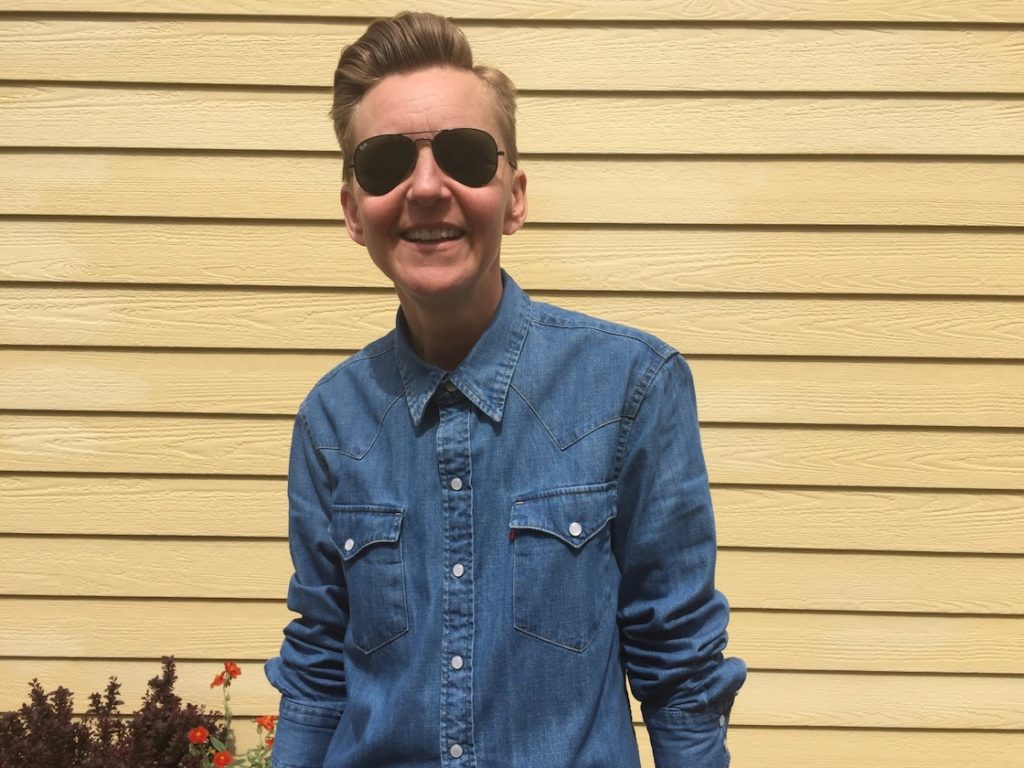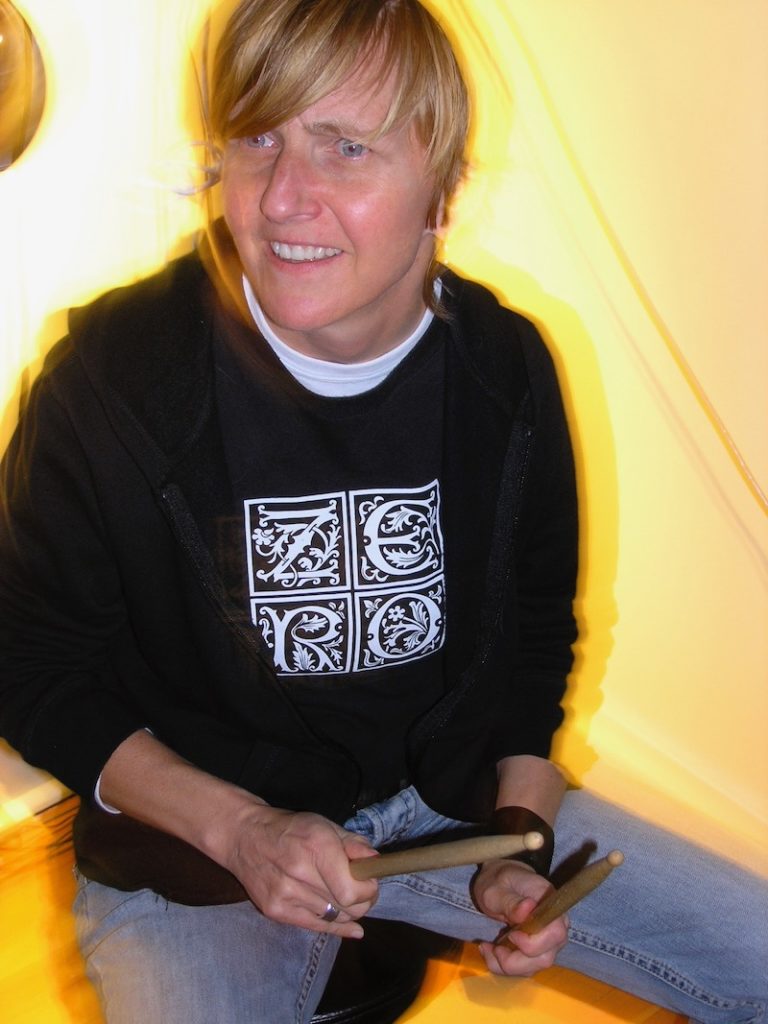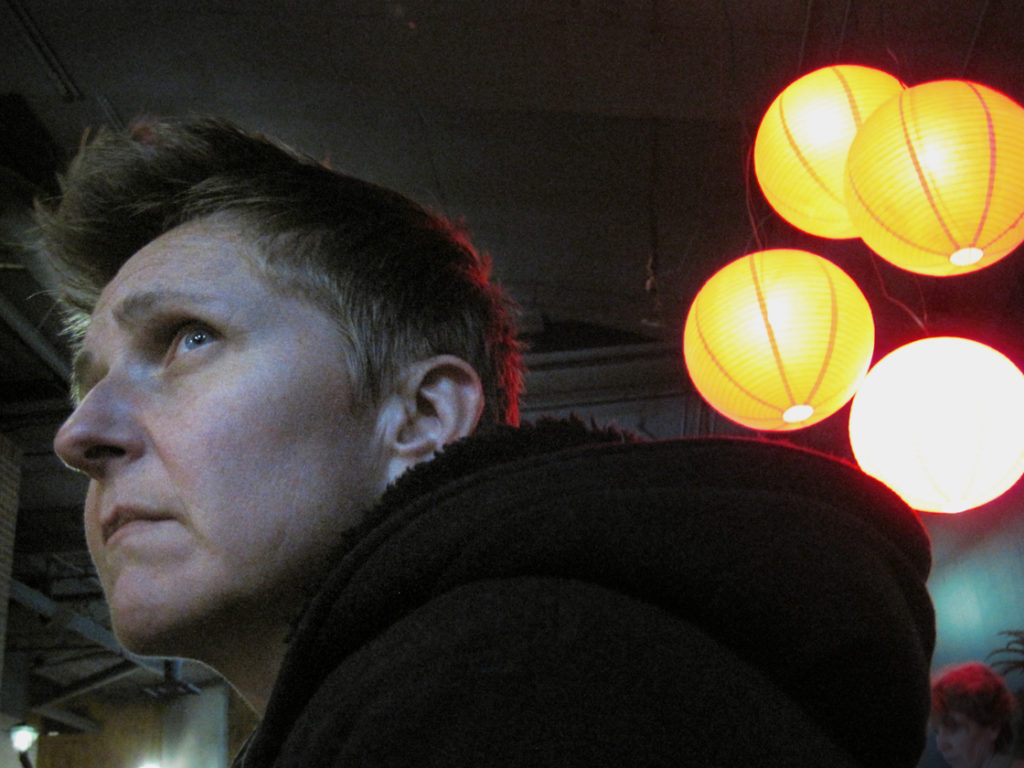Today some of us in Donimo’s immediate care circle gathered at her grave to mark one year since her passing by MAiD. Her partner Sarah suggested we create a collective “ethical will” for D. An ethical will is the legacy of values, experiences and lessons passed on by a person to their family and community. Normally this is done before a person passes but Sarah suggested it wasn’t too late to create one in memoriam.
Donimo was a great teacher to me. Some lessons Donimo simply told me, instructed me, even. Some concerned her directly, and others were keen insights she shared about me. Other teachings came from witnessing the way she went about her life, how she cared for and loved her people, and how she received love and care.

Before Donimo and I became friends I confess that though I felt plenty of solidarity, I only had a basic understanding of chronic illness, pain and invisible / hidden disability. Donimo was a patient teacher and in fact helped me come to terms with some of my own chronic pain which in no way approaches the degree that she experienced, but she took it seriously and helped me name it as an issue in my life that deserved care and self-care. She wasn’t really interested in comparisons of who had it worse — my challenges mattered to her, whatever their nature. Even at some of her most difficult times, she would ask me how I was and listen to my answer, offering insight and support if I seemed to need it.

Donimo was a present and generous friend. I always felt seen by her. In the summer of 2019 she was in St. Paul’s with a broken hip and we were taking turns visiting her with food and other items she needed. One evening I visited her before I went to see L7 so I was dressed for a concert. I remember feeling a bit self-conscious, like I was perhaps inappropriate, but I hadn’t wanted to bring along a change of clothes. Despite the pain she was in, she kept laughing about how I had stomped onto the hospital wing in my slutty gay outfit and combat boots. She loved the dissonance between my appearance and the sombre vibe of the hospital. Donimo always knew how to put people at ease, even when she herself was unable to be at physical ease. She celebrated her people and wanted us to live large, fierce lives. I feel so lucky to have known someone with so much grace.

Sometimes when Donimo wasn’t doing very well, I admit that I would brace myself to go visit her. Not because I didn’t want to help, but rather because I tend to get overwhelmed and sometimes it was difficult to witness her suffering. But almost to the very end (because the very end was a very different emotional landscape) by the time I’d head home from D’s and Sarah’s, I often felt energized, sometimes even buoyant. Not because I felt satisfied that I’d helped or anything bullshitty cliched like that. It was because being around Donimo was like that — talking with her often gave me interesting things to consider, new ways of looking at the world. I loved our talks. Yes, I know that’s not terribly unusual among friends, but again, I’m speaking about coming home from helping her when she was sick and definitely not at her best. Even at her most challenging times, she brought so much to our visits.

Donimo was a brilliant artist who brought her creative sensibility to bear on every aspect of her life. She helped me with my portfolio in applying for art school and from this process and our ongoing conversations about art, I learned the value of critical feedback, not only what a gift it is to receive, but also that it can be given with directness and sensitivity. These lessons not only taught me the power of humility and vulnerability in creativity, but also helped me build confidence as an artist.
Speaking of humility and vulnerability, in all contexts D demonstrated that it is possible to be a badass AND be vulnerable. She was a stone cold punk and a warm, generous spirit.
I learned so much about assertiveness from Donimo. I learned that when I say no, I can just say no and maybe one nice thing, I don’t have to fall all over myself to apologize.
I learned to know my physical limits and to not be embarrassed to state them.
I learned from her that there is no shame in asking for help and the exchange of help can bring friends into a closer relationship.
And I learned that just because a person needs help with something doesn’t mean they don’t get to make decisions about the details of that help. Needing support doesn’t mean giving up your agency, and D exercised her agency right up to the moment she died, on her terms, beside the rushing waters of Lynn Creek.
Donimo also taught me that giving gifts can itself be an art. She gave beautiful gifts and occasionally enlisted my help in the lovingly considered gifts she gave to Sarah.

D always had good relationship advice. She respected my process of learning to build intimacy after a traumatic early life. An important lesson she taught me is that conflict doesn’t have to mean the end of love — it’s good to give people a chance to grow and do better.
I became familiar with the term hyperbole thanks to Donimo — apparently it is a thing that I do on the regular, and this became a running joke between me and her and Sarah. Donimo demonstrated that it’s possible to beautifully convey significance in precise and direct terms.

Donimo often reminded me that not everyone likes to be constantly photographed in extreme close up, a practice you’ll see a bit of here in this post — sorry, D!
These are only some of the lessons I received from my beautiful friend. I miss her presence and generosity, her voice and her brilliance. Thank you for your legacy, Donimo.
— Terra P.

